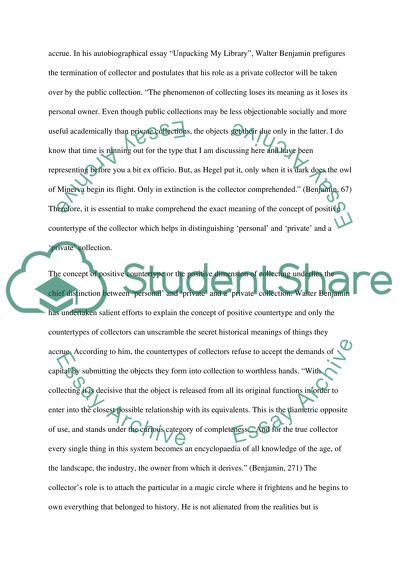Cite this document
(“Personal and Privat Collection Book Report/Review”, n.d.)
Personal and Privat Collection Book Report/Review. Retrieved from https://studentshare.org/philosophy/1518427-personal-and-privat-collection
Personal and Privat Collection Book Report/Review. Retrieved from https://studentshare.org/philosophy/1518427-personal-and-privat-collection
(Personal and Privat Collection Book Report/Review)
Personal and Privat Collection Book Report/Review. https://studentshare.org/philosophy/1518427-personal-and-privat-collection.
Personal and Privat Collection Book Report/Review. https://studentshare.org/philosophy/1518427-personal-and-privat-collection.
“Personal and Privat Collection Book Report/Review”, n.d. https://studentshare.org/philosophy/1518427-personal-and-privat-collection.


